The 19th Intergovernmental Ministerial Conference for Asia/Oceania on Anti-Doping in Sports held in Tashkent - Uzbekistan achieved remarkable results.
The conference was attended by the Minister of Sports of Uzbekistan - Mr. Adkham Ikramov; Director of the Uzbekistan National Anti-Doping Agency (UzNADA) - Mr. Abdushukur Sadykov; President of the World Anti-Doping Agency - Mr. Witold Bańka; Vice President of the World Anti-Doping Agency - Ms. Yang Yang; Director General of the World Anti-Doping Agency - Mr. Olivier Niggli; Director of the WADA Asia/Oceania Office - Dr. Yaya Yamamoto and more than 30 representatives from countries in the Asia and Oceania regions. On the Vietnamese side, Deputy Director of the Department of Sports and Physical Training Le Thi Hoang Yen attended the conference.
At the 19th Intergovernmental Ministerial Conference for Asia/Oceania on Anti-Doping in Sport, the President, Vice-President and Director General of the World Anti-Doping Agency highlighted the prominent role of the Asia/Oceania region in world sport; and encouraged the countries represented to continue to cooperate to strengthen the anti-doping system for athletes across the two continents.
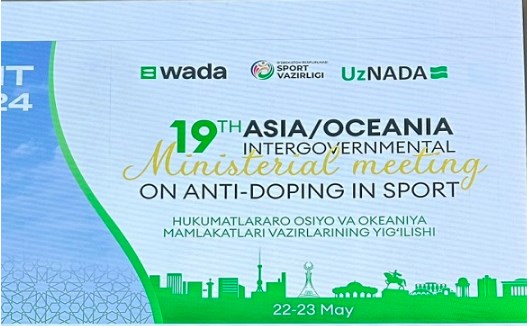
In his opening remarks, WADA President Witold Bańka thanked the Government of Uzbekistan for hosting the Conference and commended WADA partners in the Asia and Oceania region for their efforts in protecting clean sport.
President Witold Bańka said: Asia and Oceania are at the forefront of world sport. The region has hosted some of the biggest sporting events in the past decade, including three Olympic and Paralympic Games. It is expected to continue hosting major sporting events in the coming years, including the 6th World Anti-Doping Conference to be held in Busan, South Korea in early December 2025.
WADA recognises the importance of Asia/Oceania to world sport, with the region’s growing presence in the WADA governance structure and hopes that this will continue in the years to come. However, as Asian/Oceania countries invest more in anti-doping, there needs to be a more concerted effort by the region’s National Anti-Doping Organizations and the full support of Governments to increase testing. Authorities must ensure that investment is used to implement effective anti-doping programmes, of which testing is a key element.
Also at the conference, World Anti-Doping Agency Vice President Yang Yang stressed the importance of education and the need for athletes to take responsibility. Education remains the best long-term solution to protect the values of clean sport, which is an important part of the global anti-doping system.
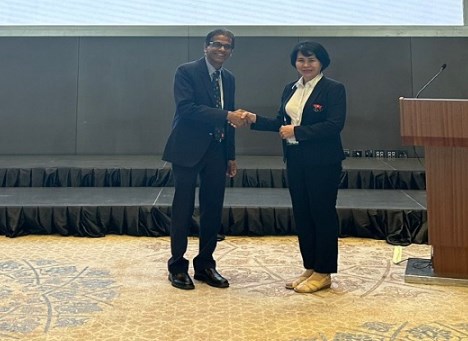
Deputy Director Le Thi Hoang Yen discussed work with Executive Director of the Southeast Asian Anti-Doping Organization Gobinathan Nair
Reporting at the Conference, Deputy Director Le Thi Hoang Yen said: In 2023, Vietnam has changed its structure according to the recommendations of the World Anti-Doping Agency; revised the Circular on anti-doping according to the World Anti-Doping Code; conducted doping testing according to regulations, including 120 urine samples and 11 ABP blood sample tests. Communication and education work has supported 1,500 athletes to complete the education program on the ADEL system and implemented anti-doping propaganda activities at national championships. The Vietnam National Anti-Doping Agency has signed a Memorandum of Understanding with the China Anti-Doping Organization to develop an effective anti-doping program in compliance with the Code and relevant international standards.
In 2024, Vietnam will continue to complete the Circular to comply with the Code as well as implement cooperation activities with the China Anti-Doping Organization and other national anti-doping agencies to effectively implement anti-doping activities. In addition, conduct doping tests before the 2024 Paris Olympics/Paralympics as recommended (including blood and urine tests in and out of competition) as well as cooperate with international federations on doping tests at international championships held in Vietnam.
Deputy Director Le Thi Hoang Yen also pointed out the difficulties in the process of deploying and implementing anti-doping work in Vietnam such as: limited capacity, operating costs (inspection, education, etc.) are not yet met. Along with that, the structure/function of the Vietnam National Anti-Doping Agency is not complete (lack of legal unit, international cooperation unit)...
In the second working session of the Conference (May 23), representatives of governments of countries in the Asia/Oceania region will continue to approve the following contents: reports on anti-doping activities of countries; priority strategies of the World Anti-Doping Agency; reports of the Asia Regional Finance Committee and contributions to WADA in 2025; updates on activities of anti-doping organizations in the Asia/Oceania region; reports of the Independent Observatory on the 2023 Asian Games, the road to the 2024 Paris Olympics; proposals for the election of members of the Executive Board of the Asia Regional Anti-Doping Agency; review and contribute opinions to perfect the 2027 World Anti-Doping Code as well as WADA's strategic priorities in the coming time.
Source: https://bvhttdl.gov.vn/hoi-nghi-bo-truong-lien-chinh-phu-khu-vuc-chau-a-chau-dai-duong-lan-thu-19-ve-phong-chong-doping-trong-the-thao-thanh-cong-tot-dep-20240524162326636.htm






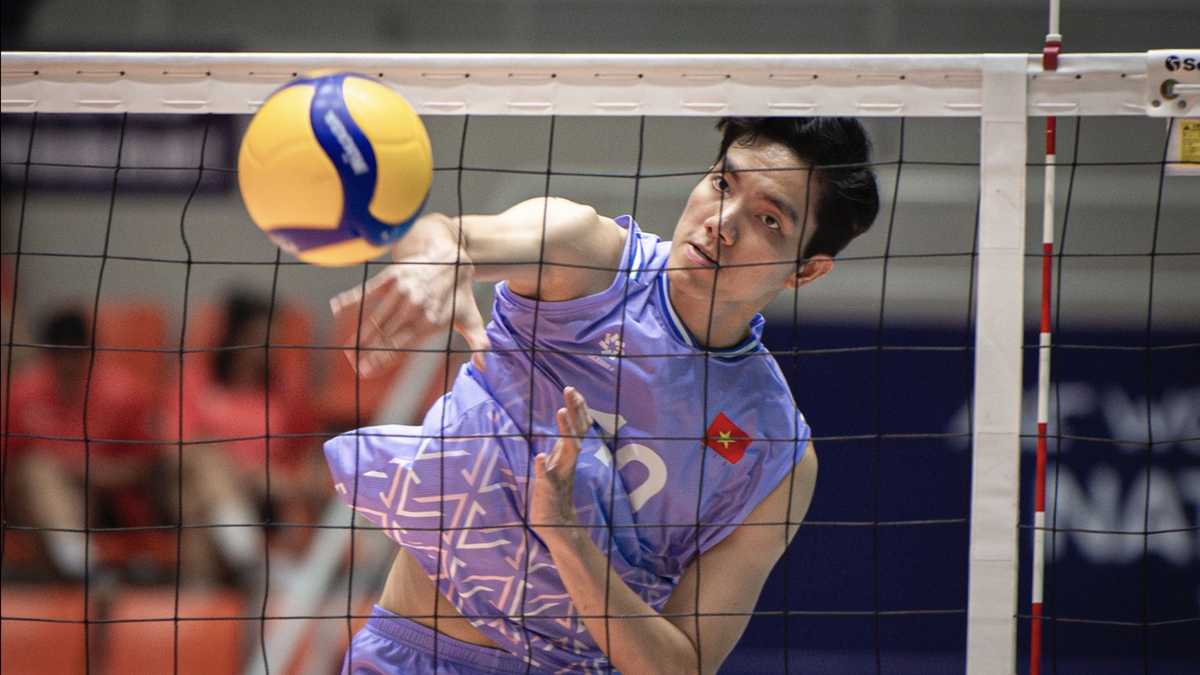



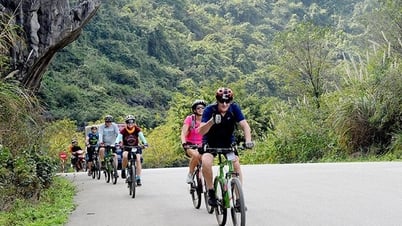
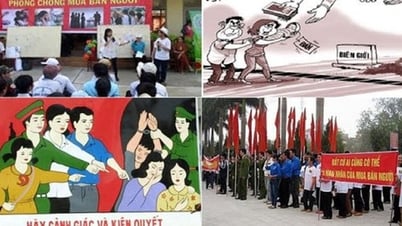
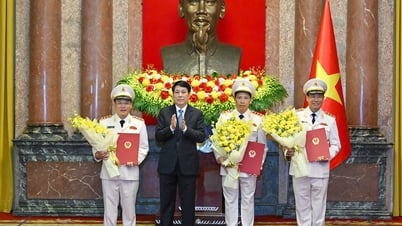

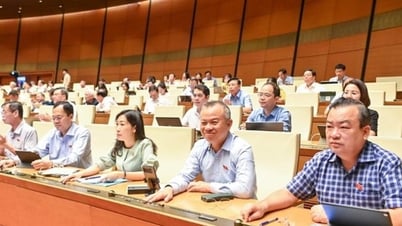






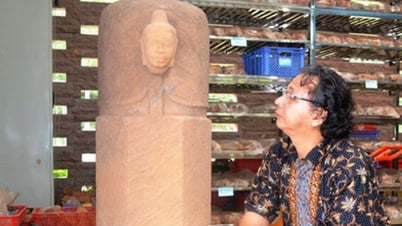
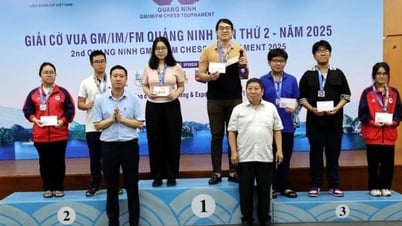
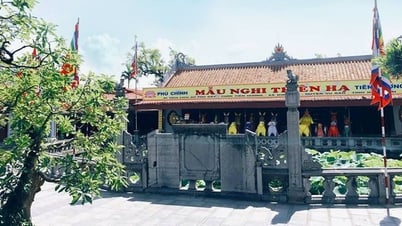

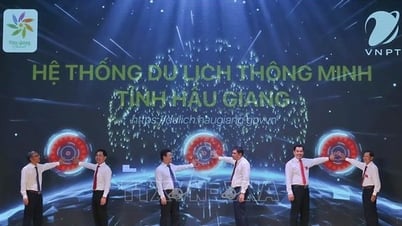

![[Photo] Prime Minister Pham Minh Chinh receives leaders of several Swedish corporations](https://vphoto.vietnam.vn/thumb/1200x675/vietnam/resource/IMAGE/2025/6/14/4437981cf1264434a949b4772f9432b6)








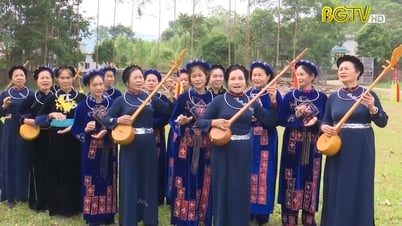










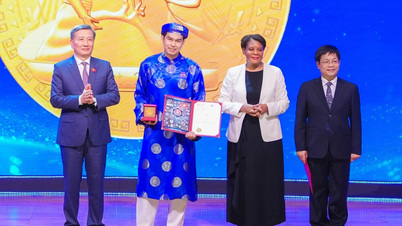











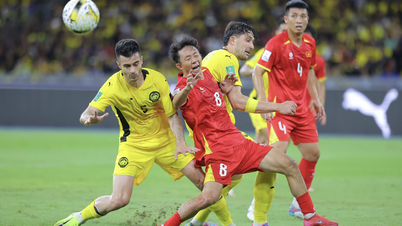
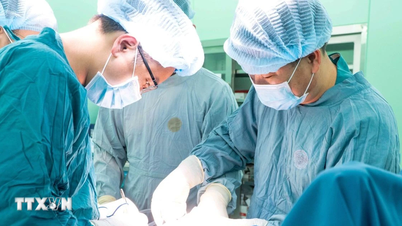

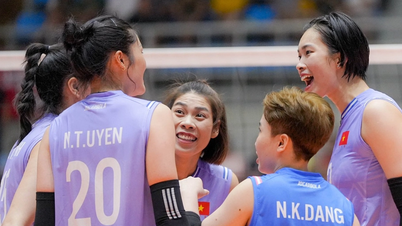





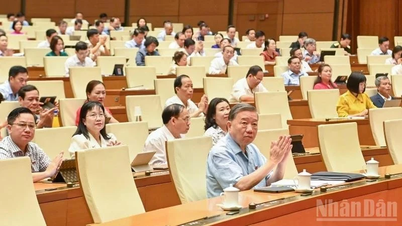

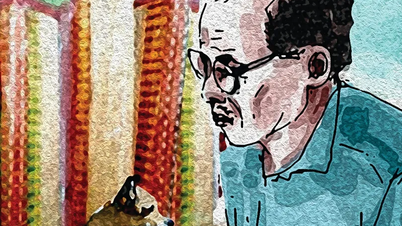



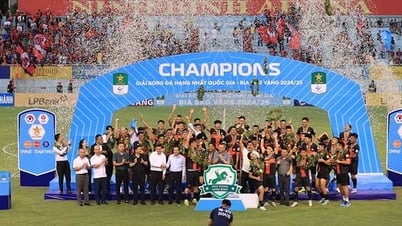

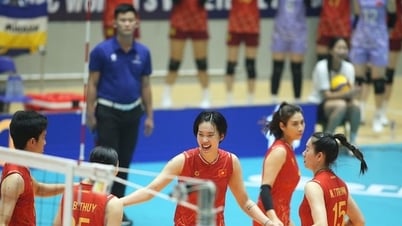






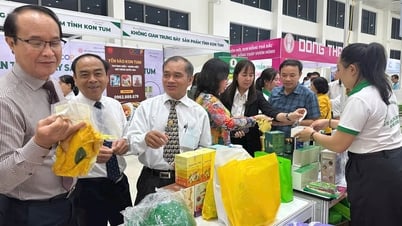
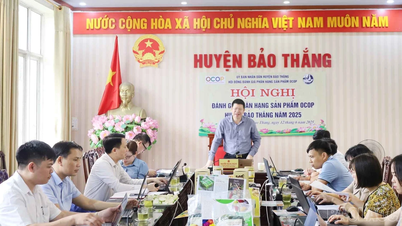




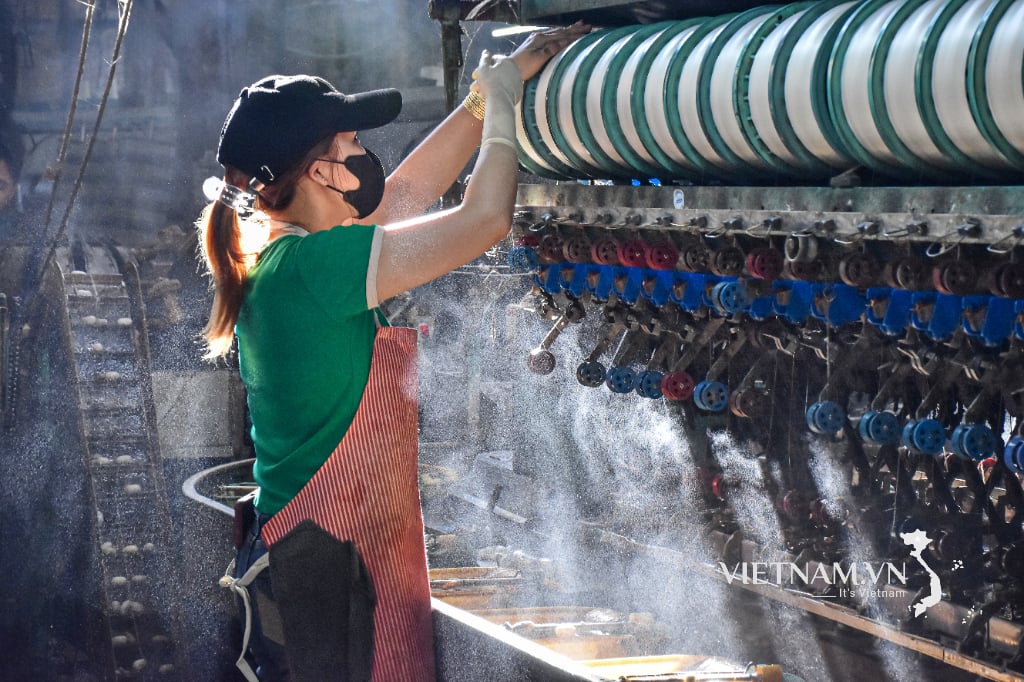
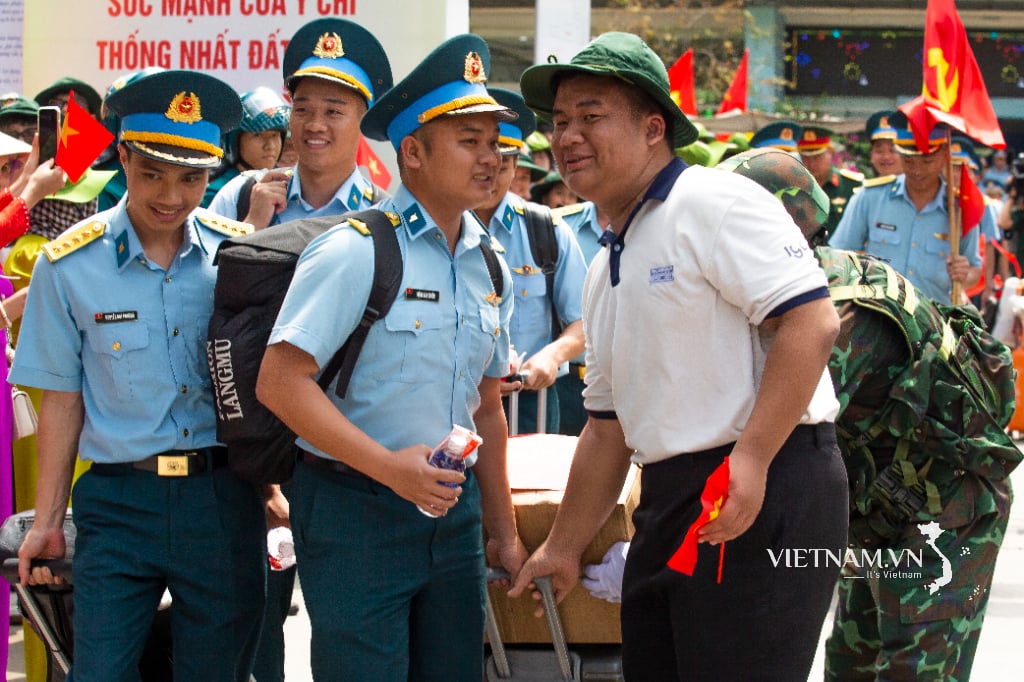
Comment (0)